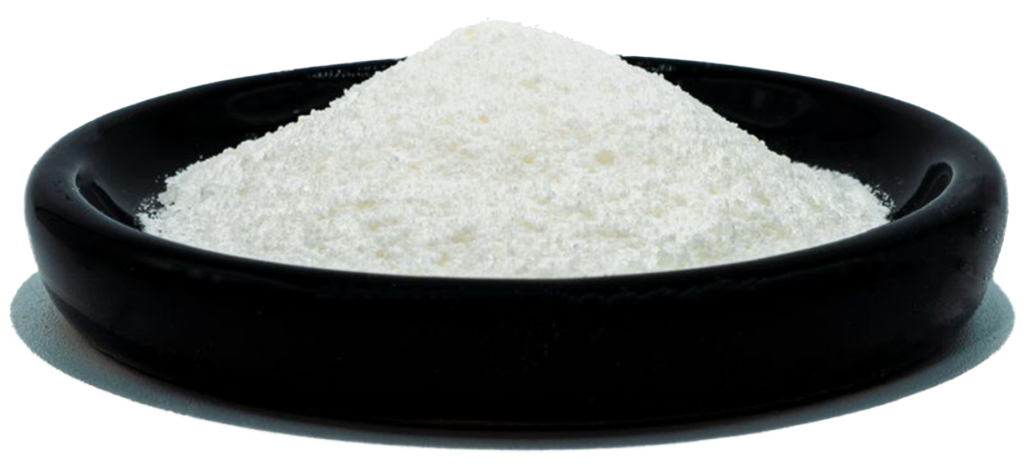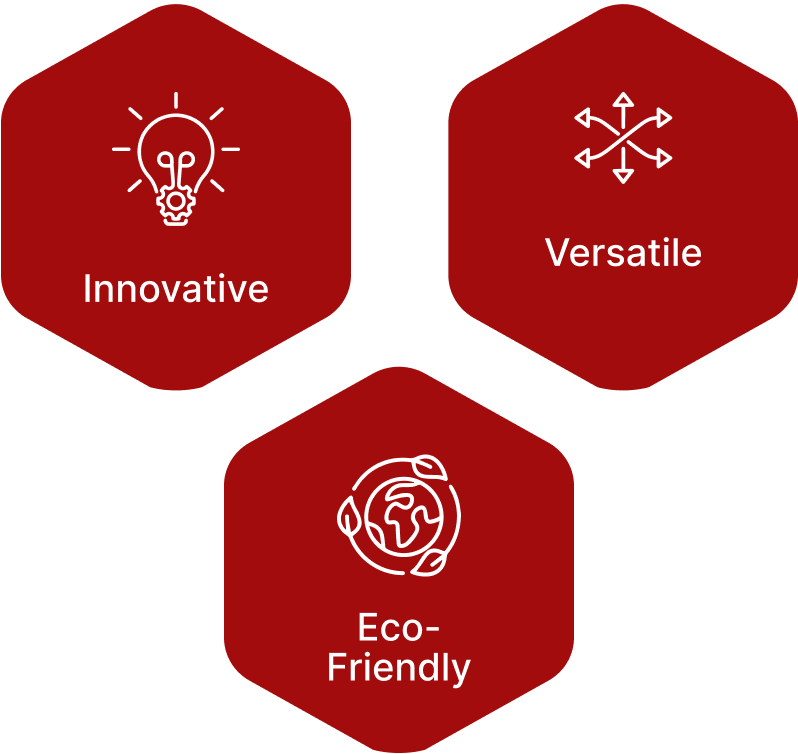
Chitosan is the only naturally occurring polycation, and its charge density varies depending on two key factors: the degree of acetylation and the pH of the medium.
Derived from chitin, a remarkable biopolymer known for its versatility and biocompatibility, chitin itself is the second most abundant biopolymer in nature, surpassed only by cellulose. It is predominantly found in the exoskeletons of crustaceans and the cell walls of fungi.
Chitosan is produced through the process of partial deacetylation of chitin, transforming it into a more soluble and functional form that enhances its applications across various industries.


Due to its status as the sole naturally occurring cationic (positively charged) molecule, chitosan boasts a remarkable versatility across over 1200 distinct applications.